Better Health


During the colder months, it’s important for EveryoneEven SeniorsTo Say Active
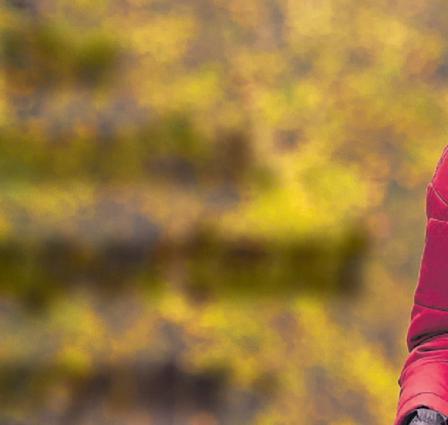
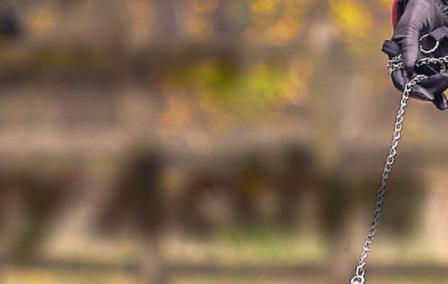
DAKIN: When animals and people need help,
EXHIBIT: Springfield Museums celebrate women artists, D9
FILM: Trauma behind ‘Killers of the Flower Moon,’ D9
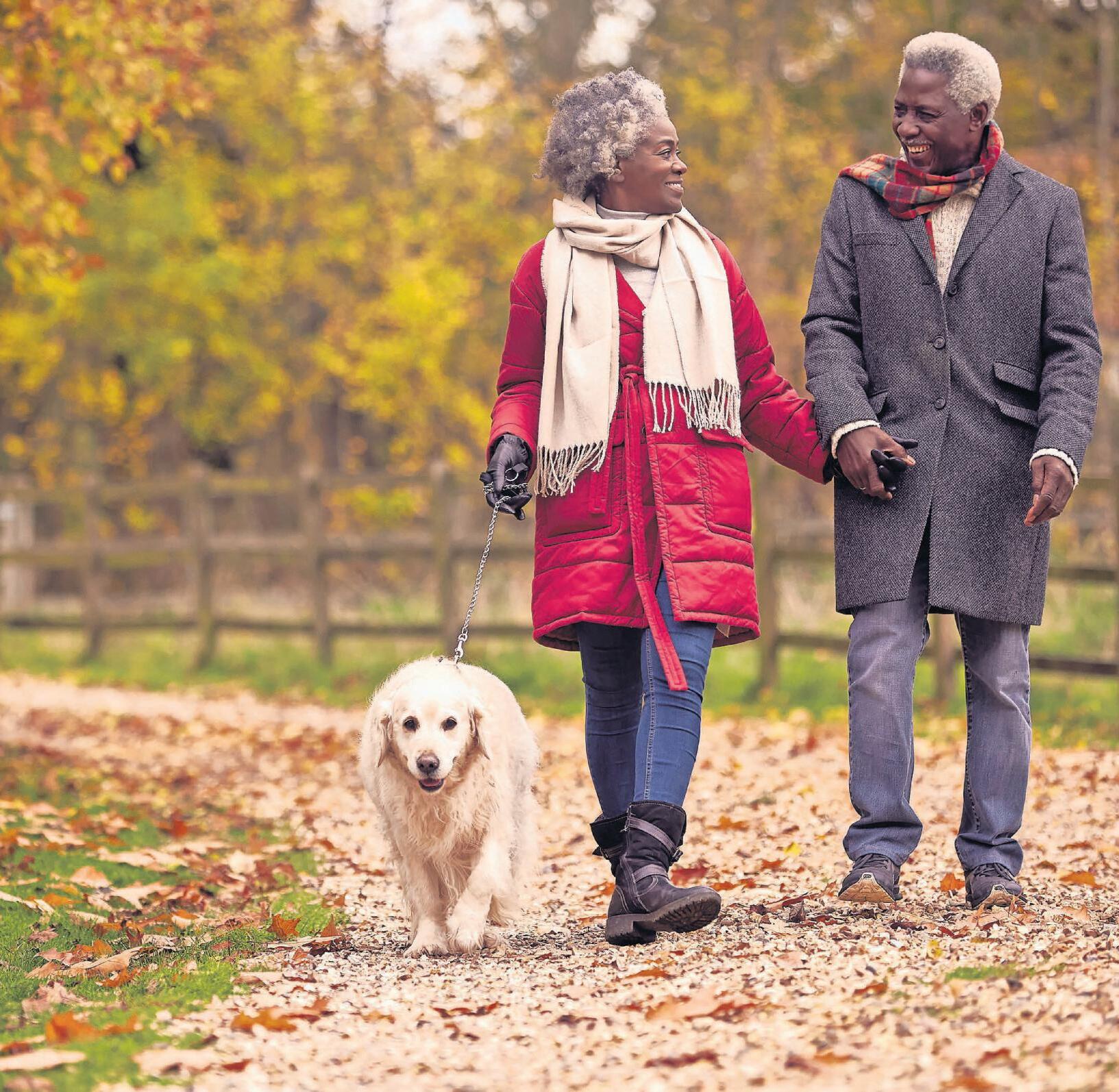
G eorge F Kelly e njoys t aking c lasses — l ike s trength t raining, b alance a nd s ome c ardio. H e g oes t o t he g ym a nd p articipates r egularly i n a qua a erobics c lasses a nd w orks w ith a f itness i nstructor.
By C ori U rban Special To The Republican He is a member of a men’s group, attends TED Talks, participates in trivia groups and sings with a chorus.
He is 81.
The former trial attorney and federal prosecutor in Springfield, formerly of East Springfield, now lives at Glenmeadow — a Life Plan Community that provides various retirement living options with enriched social engagements.
It’s there that he participates in the various activities, where he said he has “access to more ways to stay physically and mentally healthy in the winter.”
During the colder months, it’s important for everyone — even seniors — to say active.
“Wellness at Glenmeadow is not just limited to physical fitness,” said Kelsey C. McDonald, Glenmeadow’s director of Wellness.
A range of programs is offered to stimulate the mind, spirit and body. These include daily exercise classes for strength and balance, and indoor mile walk, Bosu Ball and circuit training, water aerobics, Tai Chi, Otego, meditation, crafts, sketching and art classes, lectures and dis-
cussion groups, pet therapy, social gatherings, TED Talks, round-table debates, cooking classes, Broadway musicals, movie matinees, horticulture, group outings, bowling, word and memory games, religious services of all denominations.
“Morning exercise is our most attended program. Bowling and TED Talks presentations are a close second and third,” McDonald said. “We offer a variety of programs to allow for every one of our residents to stay engaged.”
“George and I attend a lot of the special programming to keep our minds sharp; as a former teacher, it’s important to keep my mind going!”
- Sheila A. Kelly
Kelly’s wife, Sheila A. Kelly, 78, enjoys the bowling league at Glenmeadow that takes place all year long: “And I even have a few gold medals to prove it!”
The former Springfield elementary school teacher attends many of the educational
and religious programs there but continues to be active outside of Glenmeadow too: She is part of a regular book group and plays cards monthly with a group of retired teachers. She likes word games and stays in touch with people she doesn’t see often by playing “Words with Friends.”
Like her husband, she has made a number of new friends at Glenmeadow. He still takes the Glenmeadow bus to Coffee Time in East Longmeadow to meet with his friends there, just as he did when they lived in East Longmeadow.
“One thing we learned from COVID is that isolation can be detrimental to one’s mental and physical health,” McDonald said. “Humans are social creatures by nature. At Glenmeadow, we strive to create a warm, family-like environment, nurturing social connections not only amongst our residents but also amongst our staff. Our community is very close knit.”
Especially in the winter at Glenmeadow, Sheila feels safe and among her peers instead of being isolated in her home. “George and I attend a lot of the special programming to keep our minds sharp; as a former teacher, it’s important to keep my mind going!”
She knows being fit goes beyond just working out; “it is mental, spiritual and social health that makes all the difference.”
Her husband agrees: “Being active and social fosters better mental health and connection to people.” For those who are not, he suggests beginning slowly with something they
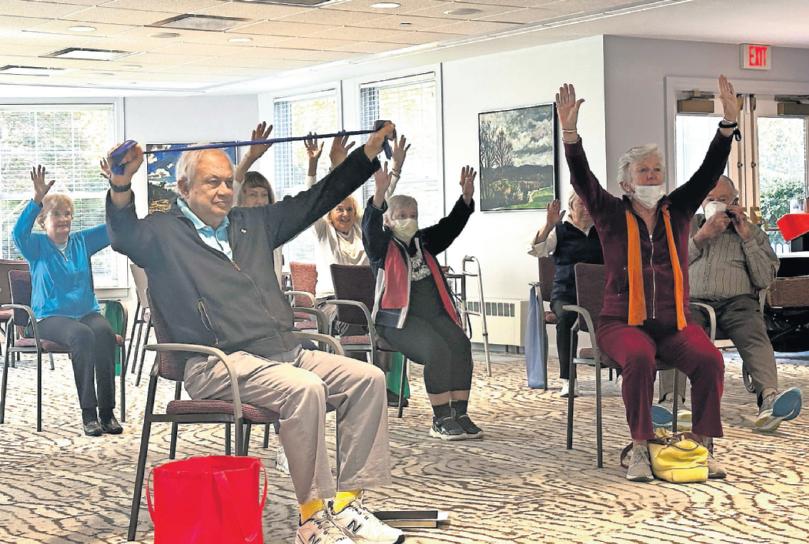
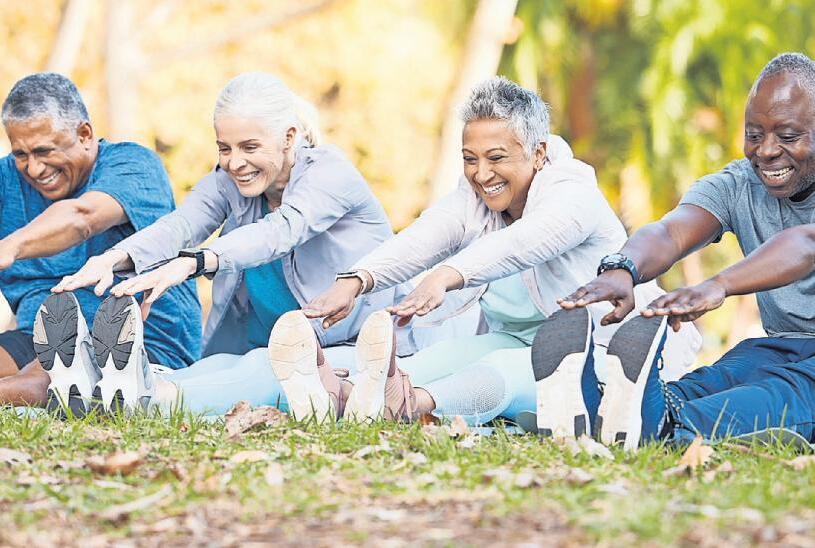
of registered hunters in Massachusetts just shy of
masslive.com/living
Number
60,000,
D9
(ABOVE PHOTO COURTESY OF ISTOCK IMAGES)
Above: Residents at Glenmeadow enjoy exercise programs every day to stay fit during all 4 seasons. (PHOTO COURTESY OF GLENMEADOW)
SEE GLENMEADOW, PAGE D3 D | | SUNDAY, NOVEMBER 5, 2023
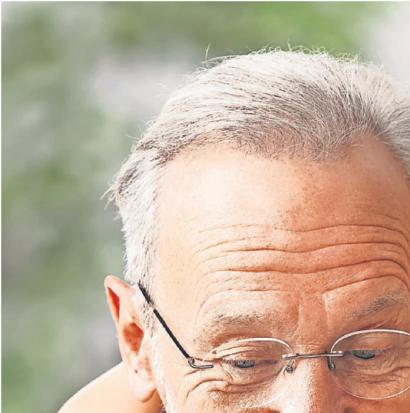
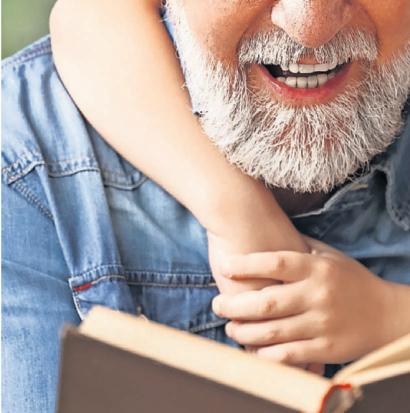
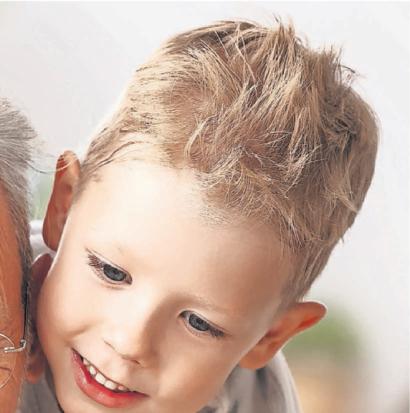



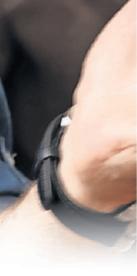
The many benefits of reading

There has never been a better time to be a reader.
Self-proclaimed book nerds and those who look forward to the next book club gathering can rejoice knowing that a good story isn’t the only benefit associated with reading. In fact, there are numerous health benefits to cracking a book.
● Reading slows cognitive decline. Natural aging results in a decline in memory and brain function over time, but reading can help. According to research published in the journal Neurology, reading
may help slow that process and keep minds sharp.
● Reading improves concentration and focus. Technology draws a lot of attention, and those fast processing times and almost instant gratification can shorten attention spans. Reading requires undivided attention and focus, which can improve one’s ability to concentrate.
● Reading produces a sense of accomplishment. Reading anything from a newspaper article to a novel helps people check off measurable goals. When done reading a given piece, the mental boost from finishing can enhance your mood.
● Reading is free entertainment. Provided a person gets books from a library or a loaner from a friend, reading is free. It’s possible to educate oneself, travel to far off lands or even solve mysteries having

making a major financial investment.
● Reading enhances literacy. Frequent reading introduces the reader to new vocabulary and information. This enhances both literacy and intelligence.
● Reading leads to higher intelligence later on. A study of 1,890 identical twins in the United Kingdom found that the twins who had early reading skills seemingly had more positive results for higher intelligence later in life.
● Reading can help a person relax. Reading may help reduce stress and even induce relaxing feelings so that a person can drift off to sleep. A 2009 study by Sussex University researchers showed that reading may reduce stress by as much as 68 percent. Furthermore, reading takes a person away from screens (provided they’re reading paper books and not e-books), which can contribute to losing 20 minutes of sleep on average, according to research published in Pediatrics.
There are many reasons to curl up with a good book, as reading is beneficial to both mind and body.

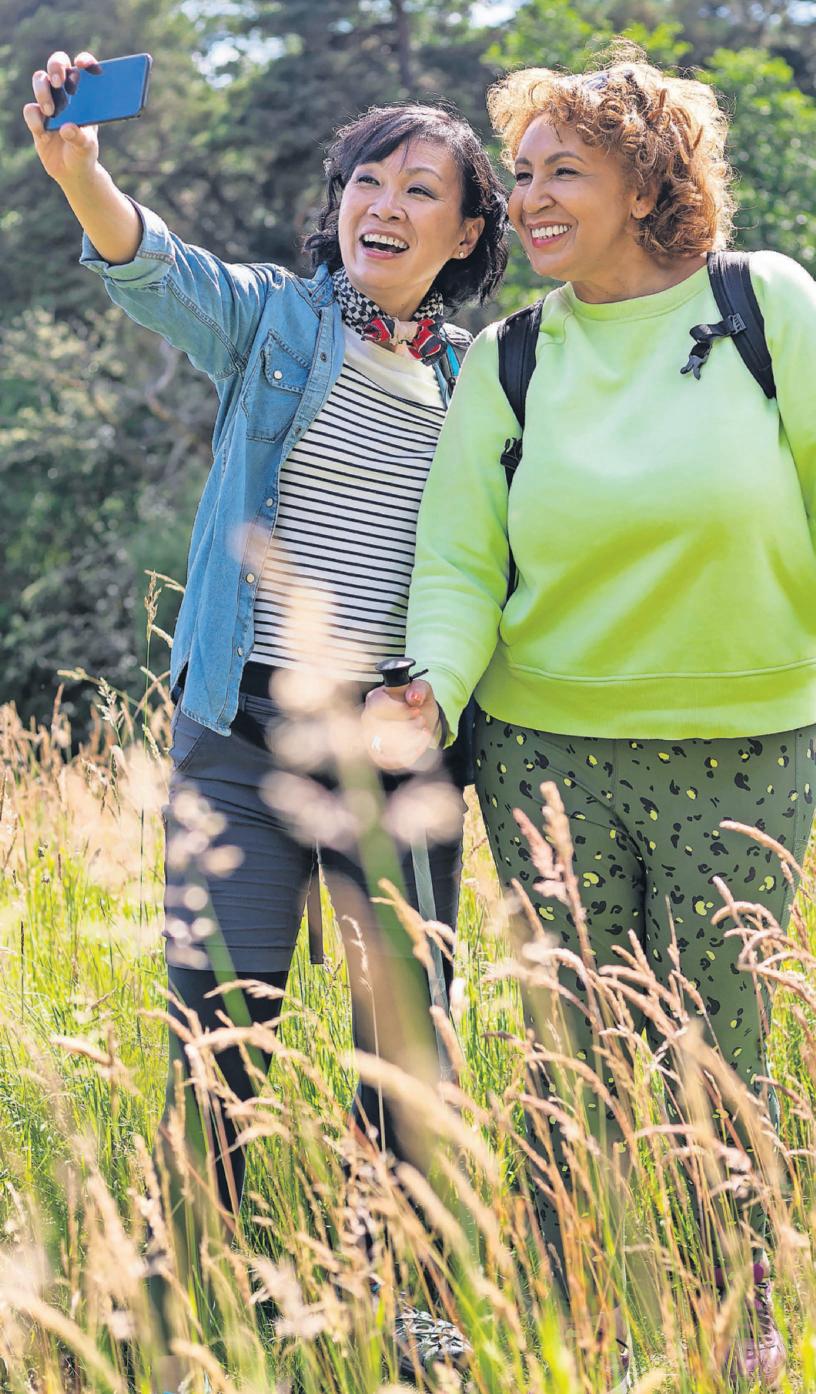
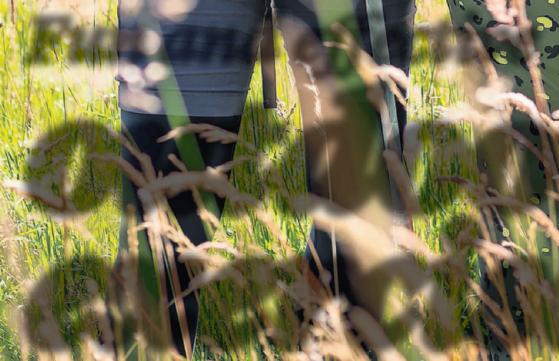

The benefits of spending time in the great outdoors are significant. According to the Centers for Disease Control and Prevention, spending time outdoors may improve mental health and help to reduce stress, the vitamin D the body absorbs while outside can have a positive effect on blood cells and the immune system. Seniors can benefit from the great outdoors as much as anyone. Vitamin D helps the body absorb calcium, which strengthens bones. That’s especially beneficial for seniors, as the National Council on Aging notes that bone density often decreases after age 50, which can increase the risk of fractures. That’s especially so in women over the age of 50, as a 2021 report from Amgen,
Inc., indicated women can lose up to 20 percent of their bone density within five to seven years of menopause. Spending time in the great outdoors also provides a social benefit, encouraging individuals from all walks of life, including seniors, to get out of their homes and spend time with other people. With so much to gain from spending time outside, seniors can consider these three outdoor exercises as they seek to maintain or improve their overall health.
Walking
Walking is free and effective.
In fact, WebMD notes that a brisk 30-minute walk can improve blood flow, contribute to a stronger heart, strengthen bones, and even help people sleep better at
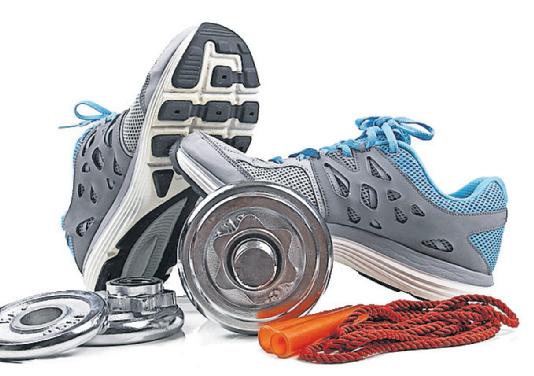
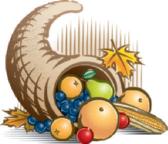

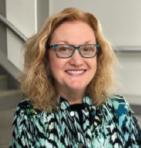

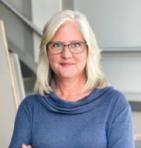

night. In addition, a 2022 study published in the journal JAMA Neurology found that people between the ages of 40 and 79 who walked about 9,800 steps per day were 51 percent less likely to develop dementia than people who didn’t walk much at all.
Cycling
Riding a bike is both fun and a great form of outdoor exercise. Though many studies regarding the health effects of cycling have looked at the value of riding a bike to work, a scenario that does not apply to retirees, the results of such studies still offer insight into just how valuable it can be to ride a bike. For example, a 2020 study published in the journal The Lancet found that people who cycled to work were 24 percent less likely to die of heart disease and 11 percent less likely to develop cancer. Seniors, whether they are still working or retired, can incorporate cycling into their daily routines and enjoy all the fun and health benefits that riding a bike provides.
Hiking
Hiking is a bit more strenuous than walking, particularly when individuals choose to traverse steep and/or rocky terrain. WebMD notes that hiking after age 60 can help people reduce their risk of falls and fractures; lower their risk for a host of ailments, including coronary heart disease, colon cancer and diabetes; reduce blood pressure, even in adults who have already been diagnosed with hypertension; and maintain healthy bones and joints. Hiking is not a one-size-fits-all activity, so seniors, especially those who would characterize themselves as novice hikers, are urged to speak with their physicians prior to hiking trails that are not flat. Seniors can consider these three fun activities and others as they answer the call of the great outdoors. Walking, cycling and hiking offer a great reason to get out of the house and reap the health-related benefits of spending time outside.
413-301-WELL (9355) 24-Hour Crisis Line: 413-733-6661 Visit bhninc org for more information 417 Liberty St Springfield, MA | 77 Mill St Westfield, MA We’re Here for You. Care when and how you need it At home, in your community, at our clinic, and/or via telehealth Serving children, youth, adults, and families dealing with mental health and substance use challenges
and
Susan Bankoski Chunyk, Au.D. Doctor of Audiology Jamie Conti, Au.D. Doctor of Audiology Jennifer Lundgren Garcia, Au.D. Doctor of Audiology The Finest Hearing Care by Doctors of Audiology —— SINCE 1984 —— 200 North Main Street, North Building Suite 103, East Longmeadow, MA hampdenhearing.com 413-525-7979 info@hampdenhearing.com We Are So Thankful for You! 3192726-01
Fun
effective outdoor exercises for seniors
%%SATFOL-%%3MONTH%%2DATE D 2 | SUNDAY NOVEMBER 5 2023 THE REPUBLICAN | MASSLIVE.COM
How the Body Changes
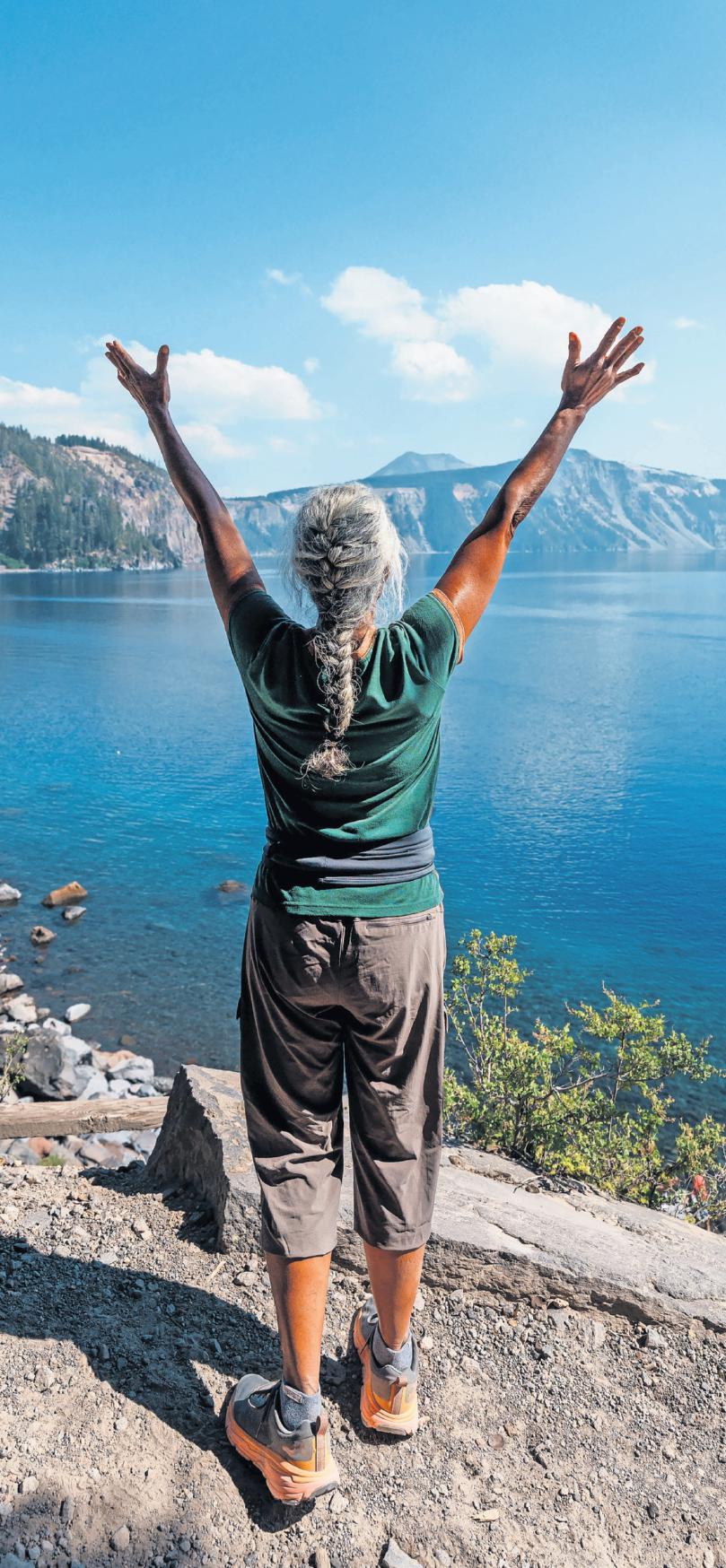
Body fat
Young children often cannot wait until they get older because of the freedoms that seemingly come with being more mature. On the flip side, adults often wish they were young again. Time waits for no person, and with aging comes many changes, many of which manifest physically.
The following are some components of healthy aging that go beyond graying hair and wrinkling skin.
Bones, joints and muscles
As muscle mass diminishes, body fat can increase. The Merck Manual indicates that, by age 75, the percentage of body fat typically doubles compared with what it was during young adulthood. The distribution of fat also changes, which can adjust the shape of the torso.
Heart
to filter urine as effectively. Urinary incontinence may occur due to hormonal changes or because of an enlarged prostate. Furthermore, the bladder may become less elastic, leading to an urge to urinate more frequently.
Memory and thinking
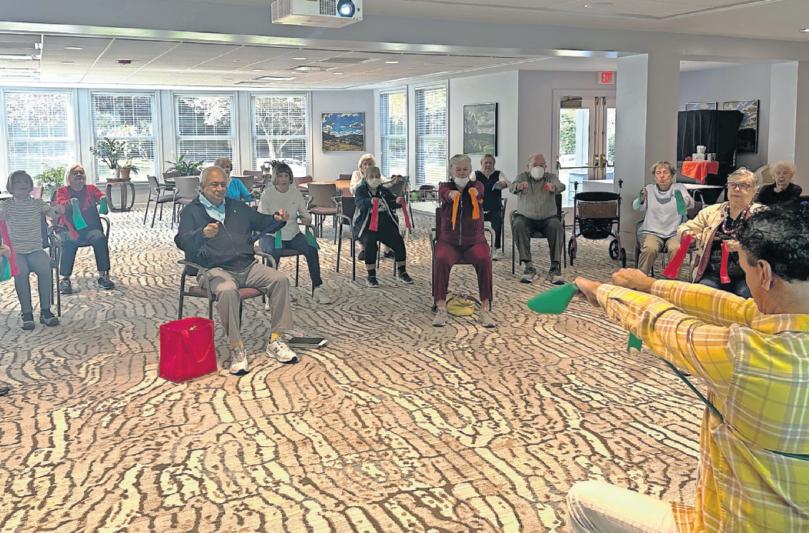
Turn up the music and dance in your house. Get outdoors.
CONTINUED
love, whether it is a physical or a mental activity. “There are lots of ways to stay active, even in the winter,” he said.
If someone has been inactive, McDonald said a great place to begin is by keeping a journal. “Establish your goals, and hold yourself accountable,” she said. “Start small — it could be as simple as pledging to get up and walk a lap around the house during every TV commercial while watching the morning news. It is never too late to make a positive and active change in your routine.” For those who don’t live in a community like Glenmeadow, there are many options for staying active in the winter: Attend a virtual fitness class. Follow an online video. Schedule movement into each day. Use cans of soup or water bottles as hand weights. Go from a sitting to a standing position out of a dining room chair two to three times in a row instead of just once. Walk up and down a hallway or large open space. Go up and down stairs multiple times.
Incorporating variety can be satisfying.
But be cautious.
“It is important to talk with your healthcare professional before engaging in activity outside of your normal routine,” McDonald said. “They may make recommendations based on your physical health to find what best fits you. Physical or occupational therapy may be a great first step for someone who is unsure of where to begin in creating an exercise regimen. Of course, living in New England, be careful to avoid icy or snow-covered walkways in the winter.”
If one is able, “getting outside and getting fresh air is always a wonderful option,” she said.
“As an older adult, participating in regular physical activity is one of the best things you can do for both your physical and mental health,” she advised.
In his younger years, George was a member of the Sheriff’s Track Club and a local gym and golfed on a regular basis. “I always enjoyed swimming,
but now, with an indoor pool right downstairs, I am able to swim all year long instead of only in the summers,” he enthused.
Since moving to Glenmeadow, he has seen an improvement in his balance and stamina. “I have grown my social circle, and I no longer can say the weather outside is too hot or too cold to go to my exercise classes,” he said. “Now, I don’t even have to put on my coat” to go.
Staying active has proven health benefits including reducing risk for falls, decreasing susceptibility to illness or disease, improved sense of self-worth and enhanced ability to think, process and make decisions. “Staying active helps an individual maintain function and independence,” McDonald said.
Sheila’s advice for someone who isn’t really active, living alone or thinking about improving their health: Just start. “We are all getting older so it is very important to maintain as much of your physical and mental well-being as possible.”
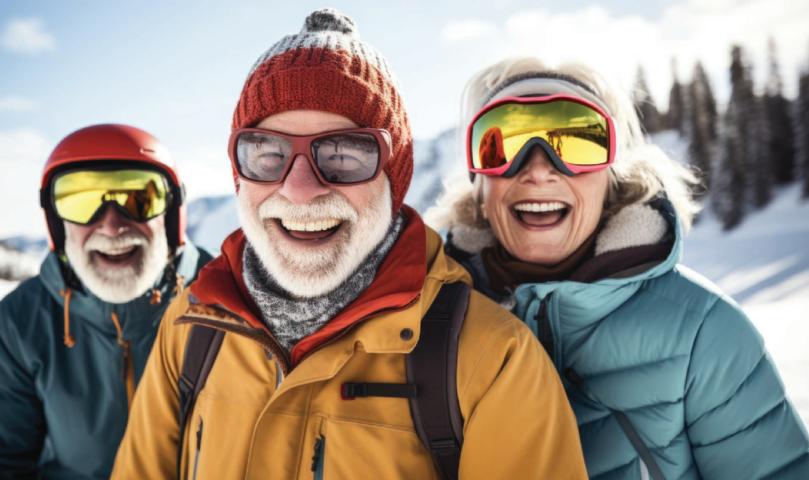




Organs in the body also age, and cells begin to die off, making those organs work less efficiently. The heart is one such organ that changes with age. It pumps more than 2.5 million beats during one’s lifetime. As a person gets older, blood vessels lose their elasticity, and the heart has to work harder to circulate blood throughout the body, reports Johnson Memorial Health. Exercise can help keep the heart as strong as possible.
Older adults experience changes to the brain as they age. Minor effects on memory or thinking skills are common and not usually cause for worry. Staying mentally active by reading, playing word games and engaging in hobbies can help. Following a routine and making lists (as multi-tasking may become challenging) are some additional ways to address memory issues.
Urinary tract and kidneys
The kidneys become smaller as a person ages, which means they may not be able
These are just some of the changes that can come with aging. Generally speaking, exercising, using the brain and adhering to a balanced, healthy diet can help keep the body functioning well into one’s golden years.
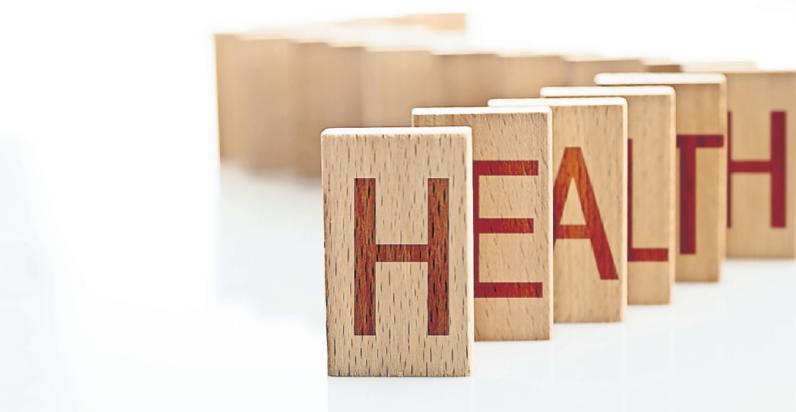
According to the Mayo Clinic, with age bones may become thinner and more fragile. Joints will lose their flexibility, while muscles lose mass and strength, endurance and flexibility. These changes may be accompanied by a loss of stability that can result in balance issues or falls. It’s common for the body frame to shrink, and a person may lose a few inches from his or her height. A doctor may suggest a bone-density test or supplementation with calcium and vitamin D to keep bones as strong as possible. Physical activity that includes strength training can help keep muscles strong and flexible.




S nap toConnect! Contact Us 3183798-01 Above: Residents at Glenmeadow enjoy exercise programs every day to stay fit during all 4 seasons. (PHOTO COURTESY OF GLENMEADOW) Glenmeadow
FROM PAGE D1 Aging is an inevitable component of life.
%%SATFOL-%%3MONTH%%2DATE THE REPUBLICAN | MASSLIVE.COM SUNDAY NOVEMBER 5 2023 | D 3








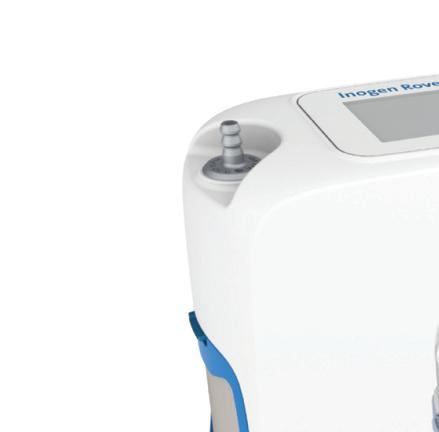

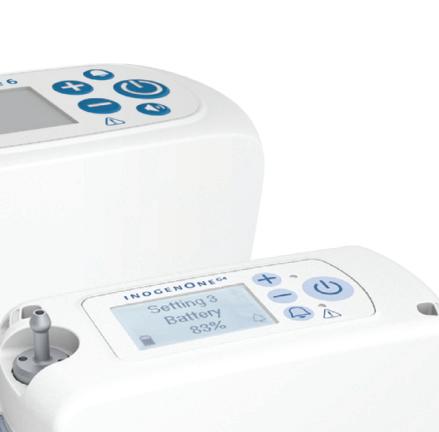


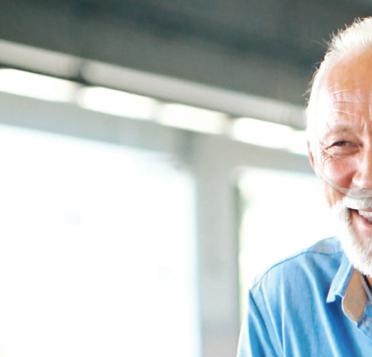
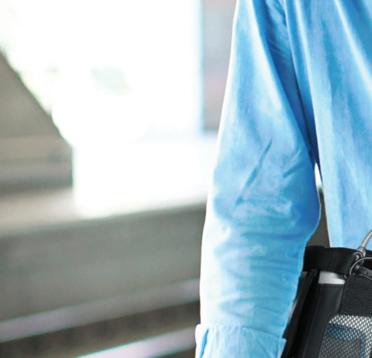
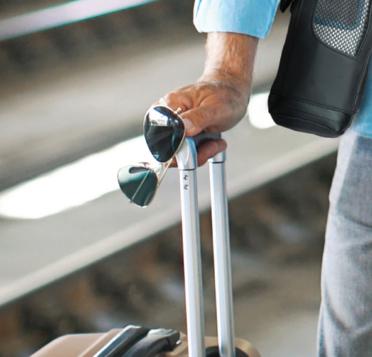
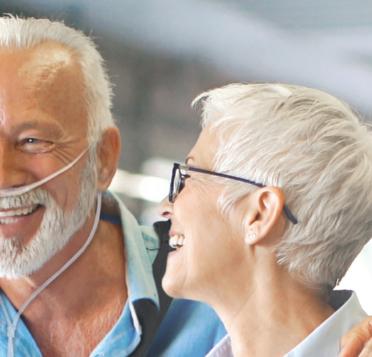

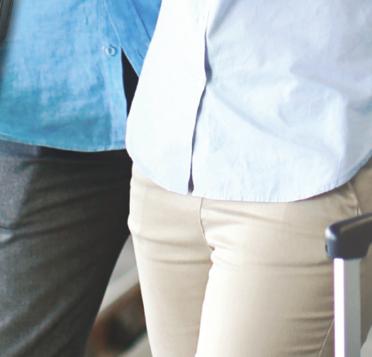
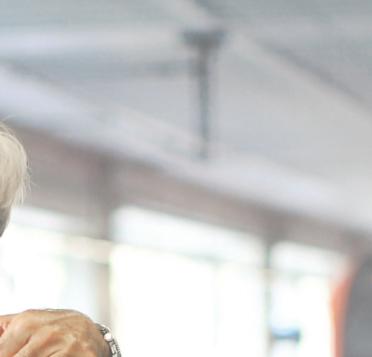

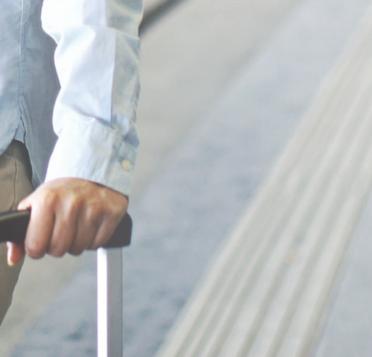

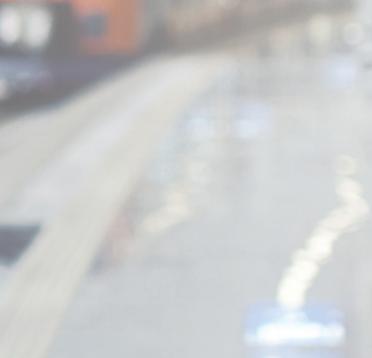
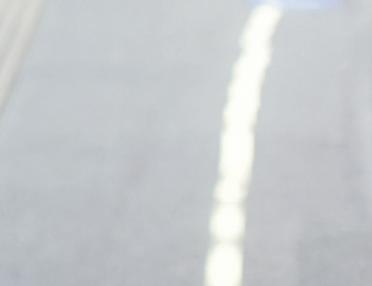

PORTABLE OXYGEN FOR YOUR ON-THE-GO LIFESTYLE 1-866-834-8452 Call us toll-free at Inogen® Rove 6 System Inogen One® G4® System PM230469 EN_EX_USA Rx Only. © 2023 Inogen, Inc. 301 Coromar Drive, Goleta, CA 93117 Inogen® is a trademark of Inogen, Inc. The usage of any Inogen, Inc. trademark is strictly forbidden without the prior consent of Inogen, Inc. All other trademarks are trademarks of their respective owners or holders. 114-day risk-free trial- Return within 30 days of purchase for a full refund of purchase price. CLAIM YOUR RISK-FREE TRIAL1 14-DAY




























































